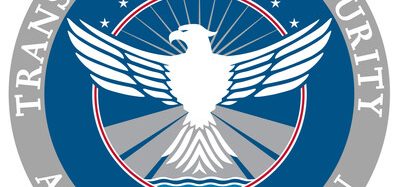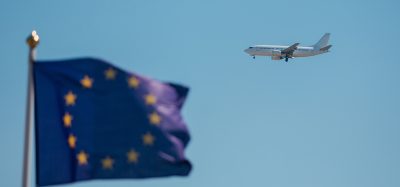Gatwick will step-up efforts to combat human trafficking
- Like
- Digg
- Del
- Tumblr
- VKontakte
- Buffer
- Love This
- Odnoklassniki
- Meneame
- Blogger
- Amazon
- Yahoo Mail
- Gmail
- AOL
- Newsvine
- HackerNews
- Evernote
- MySpace
- Mail.ru
- Viadeo
- Line
- Comments
- Yummly
- SMS
- Viber
- Telegram
- Subscribe
- Skype
- Facebook Messenger
- Kakao
- LiveJournal
- Yammer
- Edgar
- Fintel
- Mix
- Instapaper
- Copy Link
Posted: 13 May 2016 | Katie Sadler, Digital Content Producer, International Airport Review | No comments yet
Gatwick Airport has announced it will increase efforts to support the fight against human trafficking, child exploitation and modern-day slavery.


Gatwick Airport has announced it will increase efforts to support the fight against human trafficking, child exploitation and modern-day slavery.


Gatwick is to increase training to front-line staff and work closely with key partners in order to combat human trafficking. The announcement follows the second Safer Gatwick partnership event hosted by Gatwick and attended by Sussex Police, A21, Barnardo’s, Street Light, Gatwick Travel Care and UK Border Force.
Attendees heard from a variety of experts about the extent of human trafficking, the forms it can take, and what staff can do to spot the warning signs.
Airports role preventing human trafficking
Human traffickers often use established forms of transport which is why airports can play a leading role in identifying possible victims and helping to prevent human trafficking.
Over the past 12 months, Gatwick has been upskilling its front line workers and airport partners to increase awareness of the practices used by human traffickers. More than 2,000 pocket sized leaflets have been distributed to staff, cleaners, security and airport retailers. Gatwick and A21 – a UK anti-human trafficking charity – have also been working closely with airlines to provide specific training for crew. The enforcement work being undertaken by Gatwick has led to interest from other airports around the world interested in adopting similar training schemes.
“Airports can play an important role in identifying possible victims of human trafficking”
Tony Gilbert, Gatwick’s Security Regulation and Police Relationship Manager said: “Airports can play an important role in identifying possible victims of human trafficking which is why Gatwick is stepping up the training of our front line staff to ensure they are aware of possible warning signs and know what to do if they suspect someone may be a possible victim.
“Human trafficking can take a variety of different forms which is why we are working closely with our partners from anti human trafficking organisations like A21 and the Police who put significant effort into raising awareness and stamping out this insidious trade. We are committed to supporting this crucial work and training and upskilling our people at Gatwick who are actively helping to combat these practices.”
Sergeant Darren Taylor, of the Gatwick Airport Policing Team, said: “Working in conjunction with Gatwick Airport and other agencies, we are committed to raising awareness and putting a stop to human trafficking. Unfortunately, it’s a crime which is on the increase, and we would encourage anyone who suspects it to report it.
“Our first ever Safer Gatwick session was a great success. It’s clearly a very emotive topic and a lot of powerful messages were delivered.
“But what’s most encouraging is we had a lot of new people attend the session, which means we are spreading the word further and moving a step closer to combating human trafficking.”
The UK Director of A21, Charlie Blythe said: “Human trafficking is often overlooked because it’s hiding in plain sight. Traffickers don’t always transport their victims in the back of lorries, vans or shipping containers, they use the same airports, airlines and airplanes that thousands of other passengers do.
“That is why airports such as Gatwick play a vital role in combatting the issue of human trafficking and I love that they have been so forthcoming in doing something about the problem. Not only have we delivered training, we have also held events, raised awareness in the terminal and produced awareness material for all staff members.”

















